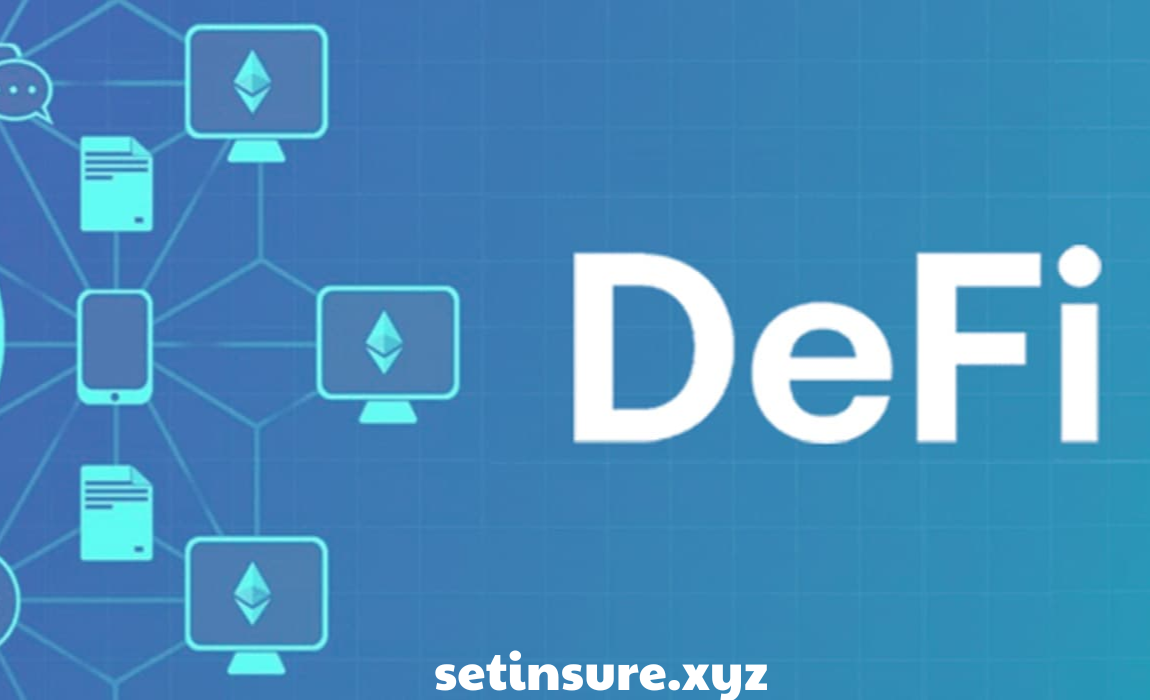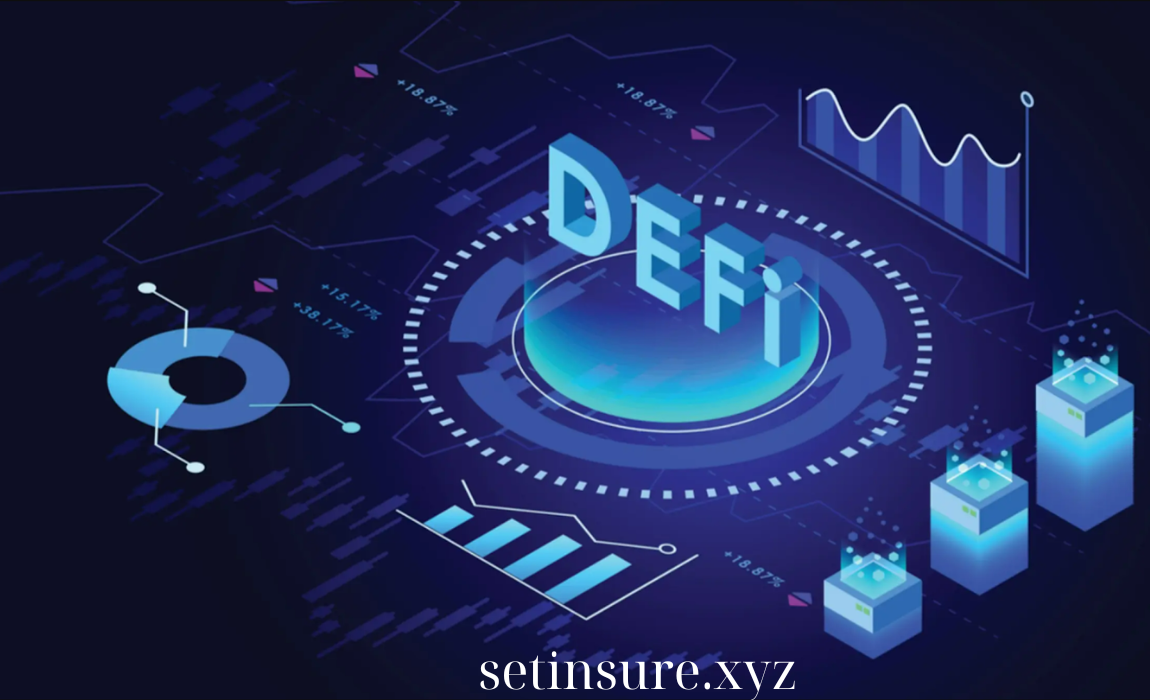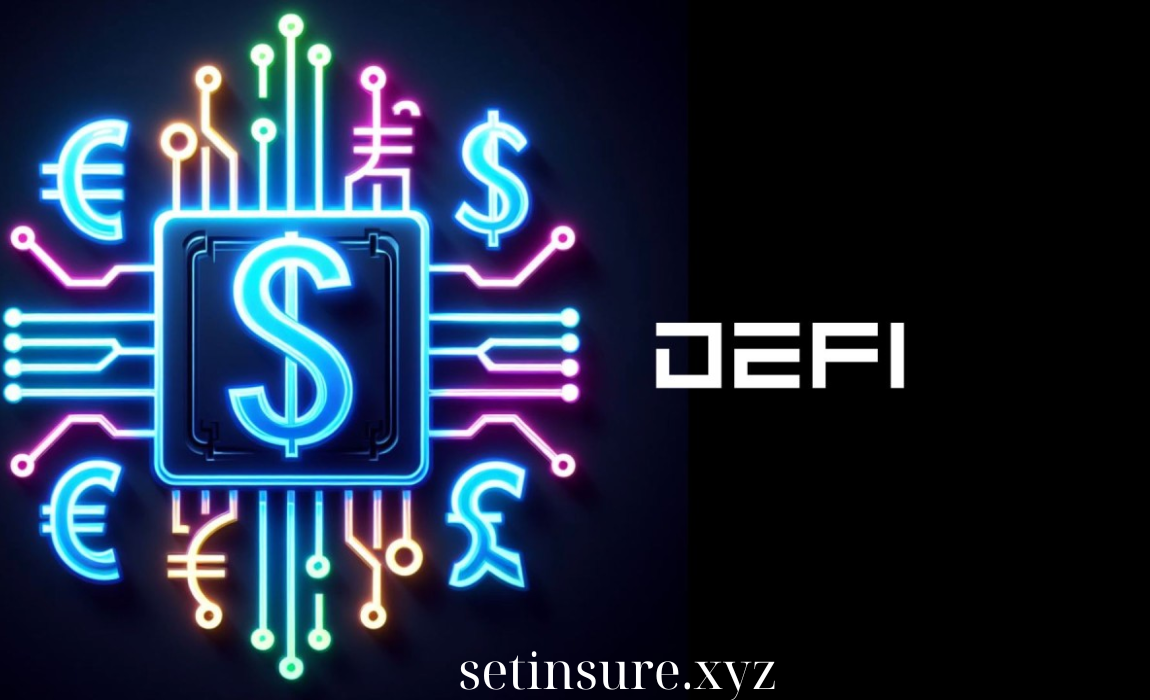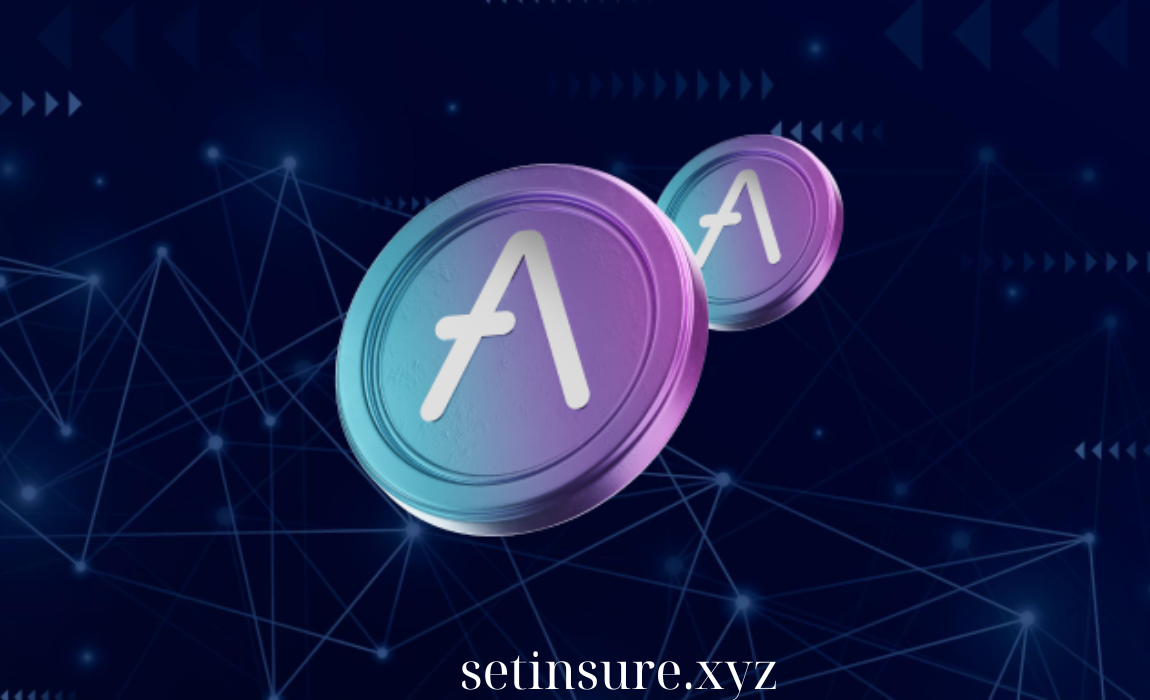The decentralized finance (DeFi) ecosystem is redefining the way people access financial services, particularly in the lending and borrowing sector. DeFi loan platforms offer users an innovative, secure, and transparent way to access loans and earn interest on digital assets without needing to interact with traditional banks or intermediaries. By leveraging blockchain technology and smart contracts, DeFi lending platforms allow users to maintain control over their assets while benefiting from fast, permissionless financial transactions. For borrowers, this means easier access to credit, and for lenders, it provides a new way to earn competitive interest rates on their holdings.
In this article, we’ll explore the advantages of DeFi loan platforms, how they work, and why they are considered a game-changer in secure lending solutions.
1. What Are DeFi Loan Platforms?
DeFi loan platforms are decentralized applications (dApps) that enable users to borrow and lend digital assets on blockchain networks such as Ethereum, Binance Smart Chain, and Solana. Unlike traditional finance, where banks and other financial institutions mediate loans, DeFi lending is powered by smart contracts—self-executing agreements coded into the blockchain that automatically enforce the terms of a loan.
Key Features of DeFi Loan Platforms:
- No Intermediaries: Transactions occur directly between borrowers and lenders, with smart contracts automating the entire process.
- Permissionless Access: Anyone with an internet connection and cryptocurrency wallet can access DeFi lending platforms without needing approval from a central authority.
- Collateralized Loans: Most DeFi platforms require borrowers to provide digital assets as collateral, ensuring the security of the loan for lenders.
Pro Tip:
- Research Collateral Requirements: Before borrowing, review the collateral requirements on the platform. Many DeFi platforms, like Aave or Compound, require over-collateralization to secure loans.
2. How DeFi Loan Platforms Work
DeFi loan platforms operate using smart contracts, which facilitate peer-to-peer lending by locking collateral and automating loan disbursements and repayments. Borrowers must provide collateral in the form of digital assets (such as Ether, Bitcoin, or stablecoins) to secure their loan. Once the collateral is deposited, the borrower can access funds in a different cryptocurrency, typically at a fixed or variable interest rate.
For lenders, DeFi platforms provide an opportunity to earn interest by supplying liquidity to the platform. The interest paid by borrowers is distributed among the lenders, providing competitive yields on their deposits.
Key Steps in a DeFi Loan Transaction:
- Collateral Deposit: Borrowers deposit cryptocurrency as collateral.
- Loan Disbursement: The platform disburses the loan in the requested cryptocurrency, which the borrower can use as needed.
- Repayment: Borrowers repay the loan, plus interest, over the loan term. Once the loan is fully repaid, the collateral is unlocked and returned.
- Interest for Lenders: Lenders earn interest for providing liquidity, with earnings distributed proportionally based on their deposit.
Pro Tip:
- Stay Informed About Liquidation Risk: If the value of the collateral falls below a certain threshold, it can trigger liquidation. Platforms like MakerDAO or Compound have liquidation mechanisms in place to protect lenders.
3. The Advantages of DeFi Loan Platforms
DeFi loan platforms are growing in popularity because they provide several advantages over traditional lending models, especially when it comes to innovation and security.
Key Benefits of DeFi Loan Platforms:
- Accessibility: Traditional financial systems often have strict requirements, such as credit checks or geographic limitations. DeFi lending is open to anyone with access to cryptocurrencies, breaking down barriers and allowing a broader range of users to participate.
- Lower Fees: By removing intermediaries, DeFi loan platforms reduce costs associated with loan origination, management, and disbursement, offering borrowers and lenders lower fees.
- Transparency: Blockchain’s public ledger ensures complete transparency for all transactions, allowing users to verify loan terms, interest rates, and repayment schedules without hidden costs.
- Security: DeFi platforms use cryptography and smart contracts to secure transactions, making them resistant to tampering and fraud. The immutable nature of blockchain ensures that all agreements are enforced as written, without the need for intermediaries.
Pro Tip:
- Compare Interest Rates Across Platforms: Different DeFi platforms, such as Aave, Compound, and Yearn Finance, offer varying interest rates and features, so it’s worth exploring options to find the best fit for your needs.
4. Top DeFi Loan Platforms to Explore
With the rapid growth of DeFi, several platforms have emerged as leaders in decentralized lending. Here are some of the top DeFi loan platforms:
Aave
Aave is one of the most popular DeFi lending platforms, offering both variable and stable interest rate loans. It also introduced the concept of flash loans, which allow users to borrow instantly without collateral, provided the loan is repaid within the same transaction.
- Notable Features: Flash loans, over-collateralized loans, and flexible interest rates.
- Supported Assets: A wide range of cryptocurrencies, including stablecoins like USDC and DAI.
Compound
Compound allows users to deposit cryptocurrencies into liquidity pools, where they can earn interest or borrow against their holdings. The platform automatically adjusts interest rates based on supply and demand, offering competitive yields for lenders.
- Notable Features: Algorithmic interest rates and over-collateralized loans.
- Supported Assets: Includes major cryptocurrencies and stablecoins like ETH, DAI, and USDT.
MakerDAO
MakerDAO is the protocol behind the DAI stablecoin. It allows users to create DAI by locking up collateral in a smart contract. MakerDAO is highly regarded for its stability mechanisms, which keep DAI pegged to the US dollar, making it a reliable platform for stable lending.
- Notable Features: Collateralized debt positions (CDPs) and the DAI stablecoin.
- Supported Assets: ETH, BAT, and other digital assets.
Pro Tip:
- Diversify Across Platforms: For lenders, diversifying your deposits across different DeFi loan platforms can help mitigate risk while maximizing potential earnings.
5. Security Risks and Considerations in DeFi Lending
While DeFi platforms offer secure and transparent lending solutions, they are not without risks. Understanding potential vulnerabilities and how to mitigate them is essential for both borrowers and lenders.
Key Risks in DeFi Lending:
- Smart Contract Vulnerabilities: Bugs or coding errors in smart contracts can be exploited by hackers, leading to loss of funds. It’s crucial to use platforms that undergo rigorous security audits.
- Market Volatility: The value of cryptocurrencies can fluctuate significantly, which can impact collateral value and lead to liquidation risks for borrowers.
- Regulatory Uncertainty: DeFi operates in a largely unregulated space, and future regulations could impact how these platforms function.
Mitigating Security Risks:
- Use Audited Platforms: Always choose DeFi platforms that have undergone third-party security audits to minimize smart contract risks.
- Monitor Collateral Levels: For borrowers, keep a close eye on collateral-to-loan ratios, especially during times of market volatility, to avoid liquidation.
- Diversify Assets: Spread your investments across different assets and platforms to reduce exposure to potential losses.
Pro Tip:
- Enable Multi-Factor Authentication: Always use multi-factor authentication (MFA) to enhance security when accessing DeFi platforms and managing digital assets.
Conclusion
DeFi loan platforms represent a significant leap forward in how individuals can access and provide lending services. With secure, transparent, and accessible solutions, DeFi platforms are disrupting traditional finance and offering borrowers and lenders new opportunities to engage in decentralized, peer-to-peer transactions. Whether you’re looking for a quick loan or seeking to earn passive income by lending digital assets, DeFi platforms provide innovative, efficient, and secure ways to participate in the future of finance.



